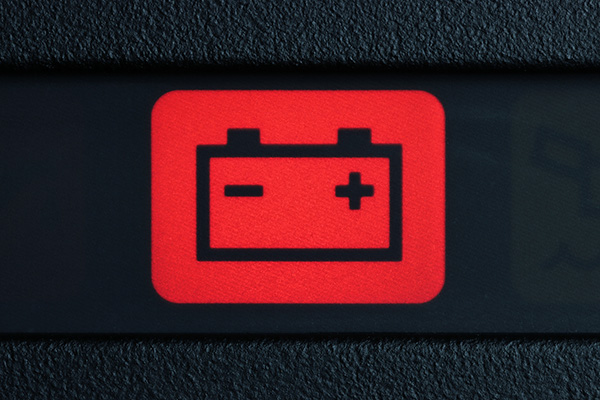
Have you ever been driving your car when, suddenly, a little light pops up on your dashboard? That battery warning light is more than just a reminder that something's off. It’s a cry for help from your car! If this light has illuminated, it’s important to understand what it means and what you should do about it. Ignoring that light might lead to bigger issues, so let's break down the potential causes and how to respond effectively.
The Battery Warning Light
First things first, what does that battery warning light even indicate? This light usually looks like a battery icon or might have the word “battery” written alongside it. It’s designed to alert you when there's an issue with your vehicle's charging system. This system is responsible for powering not only your car’s electrical components but also for keeping the battery charged. When this light flickers on, it could mean a range of problems, from a dying battery to issues with the alternator.
Common Reasons the Battery Light Is On
Let’s get into the nitty-gritty of why this light might be glowing. Here are some of the most common reasons:
Battery Issues
One of the most straightforward causes is a weak or failing battery. Batteries have a lifespan of about 3 to 5 years. If your battery is nearing the end of its life, it might not hold a charge effectively, causing the warning light to turn on.
Alternator Problems
The alternator is a critical component that recharges your battery while the engine runs. If the alternator is malfunctioning, it won’t charge the battery adequately, leading to the warning light appearing. Signs of a failing alternator can include dimming headlights or strange noises.
Loose or Corroded Connections
Sometimes, the issue isn’t with the battery or alternator at all! Loose or corroded battery terminals can disrupt the connection and prevent the battery from charging properly. This problem can be easily fixed with a simple cleaning or tightening of the terminals.
Faulty Voltage Regulator
The voltage regulator controls the amount of voltage that the alternator sends to the battery. If it fails, the battery might receive either too little or too much voltage, both of which can trigger the warning light.
Electrical System Issues
Sometimes, the problem could stem from a fault in the car’s electrical system, such as wiring problems or a short circuit. If these issues arise, they can cause the battery warning light to activate as well.
What Should You Do When the Light Comes On?
Now that you have an idea of what might be causing that pesky light to turn on, let’s talk about what you should do next.
First, don't panic! While addressing the issue promptly is important, many problems can be resolved quickly. Here’s what you can do:
Check Your Battery
Start by inspecting your battery terminals. Are they clean and tightly connected? If you notice any corrosion, it’s a good idea to clean them off.
Look for Other Symptoms
Pay attention to any additional signs, such as flickering lights or unusual noises. These clues can help diagnose the problem more effectively.
Test the Battery and Alternator
If you have access to a multimeter, you can test the battery’s voltage. A healthy battery should read around 12.6 volts when the engine is off and about 13.7 to 14.7 volts when the engine is running. If these numbers are off, you may need to replace the battery or check the alternator.
Seek Professional Help
If the battery warning light persists after your initial checks, it’s time to consult a professional. An experienced technician at our repair shop can conduct a more thorough diagnosis to pinpoint the issue accurately.
Don’t let a battery warning light ruin your day! Bring your car to Autoworks Of Issaquah for a comprehensive battery check and ensure your vehicle runs without a hitch. Schedule your visit today!